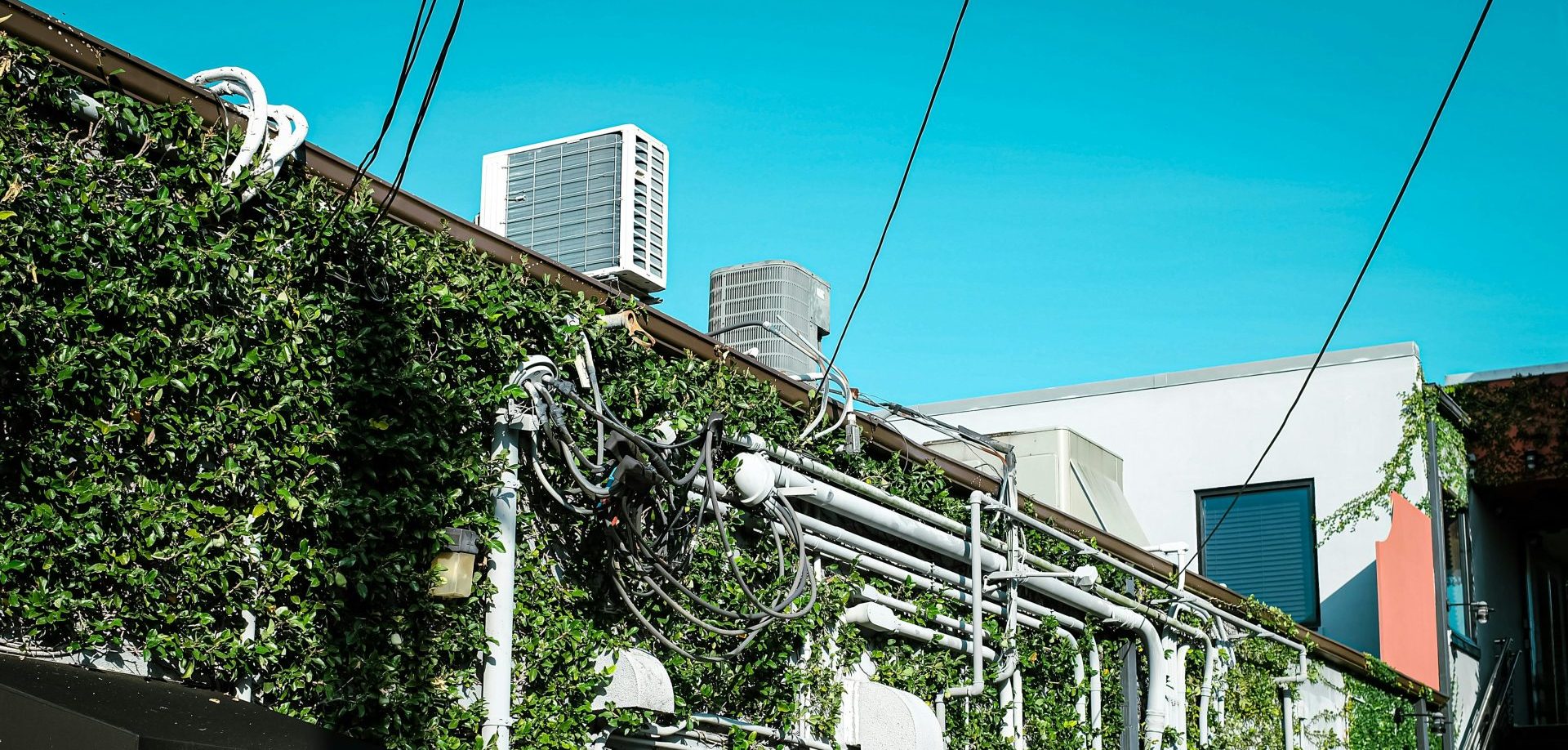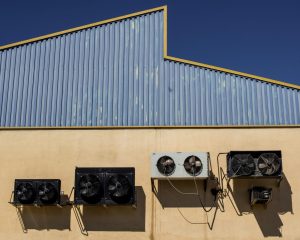
If you have been wondering, what does HVAC mean, you are not alone. HVAC stands for Heating, Ventilation and Air Conditioning, and it plays a vital role in maintaining a comfortable indoor environment in both residential and commercial buildings. Whether you are a homeowner or a business owner, understanding how HVAC systems work can help you make informed decisions about your property’s comfort, energy consumption and air quality.
At its core, HVAC refers to a system that manages indoor temperature, humidity levels, airflow and air quality. HVAC units include a wide range of components that work together to provide a comfortable temperature and clean air throughout your home or commercial facility. These systems operate based on the refrigeration cycle, with elements like the evaporator coil, air handler, ductwork, heat exchanger and condenser unit all contributing to heating and cooling performance.
A typical HVAC setup may include:

HVAC systems come in various types depending on the size and needs of your property. In a standard Australian home, you might find a ducted refrigerated cooling system, a split system, or a ductless mini-split system. These setups are designed to handle the air delivery needs of your home with minimal energy use while maintaining a consistent indoor temperature.
In commercial buildings, HVAC installations tend to be more complex. Chilled Water systems, Variable Refrigerant Flow (VRF), rooftop units, and large-scale air conditioning systems are commonly used to service larger spaces like office buildings, warehouses and other commercial properties. These systems typically include multiple indoor units and one or more outdoor units, distributing air across different areas with high efficiency.
A properly functioning HVAC system is essential for:
Modern HVAC units also integrate features like air purifiers, smart thermostats and natural ventilation systems to enhance air quality and performance.
Understanding HVAC equipment helps you appreciate the system’s value. Key components include:
These parts operate together to manage air temperature, humidity levels, and airflow across your indoor space.
To maximise energy savings and maintain performance, your HVAC system requires regular maintenance. A trained HVAC technician can inspect your system for faults, check refrigerant levels, clean filters, and ensure HVAC components are operating efficiently. This not only reduces maintenance costs but also extends the lifespan of your system.
Without proper HVAC maintenance, your system may suffer from inconsistent air temperature, increased energy costs, or even health hazards from poor indoor air quality.
If you notice poor airflow, strange noises, or rising energy consumption, it may be time to contact an HVAC professional. Our team at Melbourne Heating and Cooling specialises in a full range of HVAC services, from installing new air conditioning units and split systems to servicing gas ducted heating and evaluating hot water systems. We help you select the right type of system for your home or commercial buildings and ensure long-term value.
Whether you are installing a new central heating system or improving your current cooling system, understanding what HVAC stands for empowers you to make smart decisions. With the right setup and HVAC maintenance plan, you can enjoy year-round comfort, better air quality, and reduced energy costs.
Take control of your indoor comfort today. Visit our website or go to our contact page to speak with our qualified HVAC technicians. We will help you assess your HVAC needs, recommend the best solution for your property, and deliver professional service from start to finish.
Complete the form below to get a FREE no obligations quotation on any of the services we offer.
